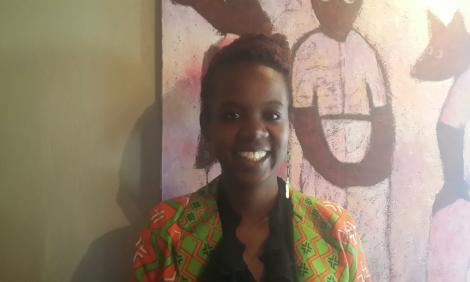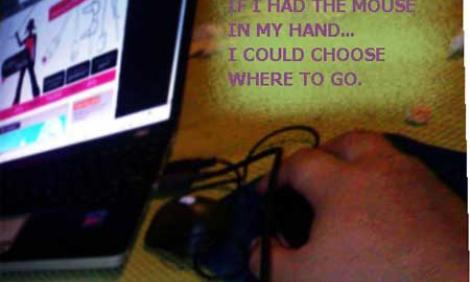
Feminist talk
Digital misogyny: “It felt like 514 people had raped me all over again”

Publication
Voices from digital spaces: Technology related violence against women
Drawing on findings from APC's MDG3: Take Back the Tech! project with women's rights organisations in twelve countries in Asia, Africa and Latin America, this paper explores the links between the internet, cell phones and violence against women and illustrates that technology related violence impacts women as seriously as other forms of violence.
In depth
Internet Governance Issues on Sexuality and Women's Rights
In depth
Les droits d’auteur et les brevets limitent–ils l’accès aux connaissances et au traitement du VIH/SIDA en Afrique?
In depth
Access to Knowledge in Emergency situations: Looking at the situation in Jordan and in the Democratic Republic of Congo
In depth
Do copyrights and patents limit access to HIV/AIDS knowledge and treatment in Africa?






